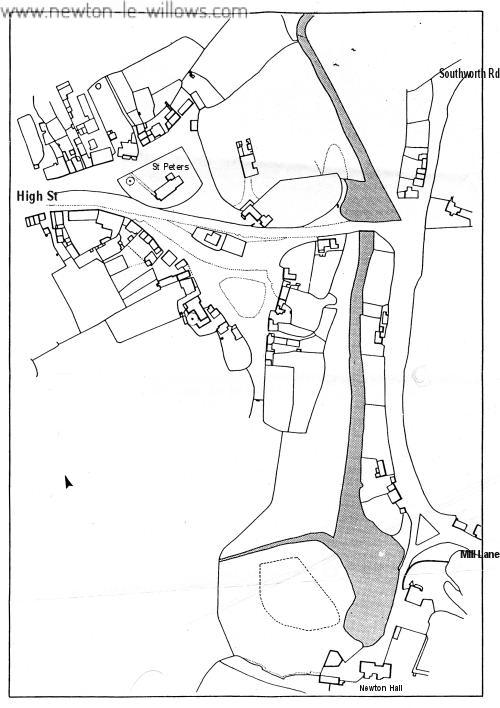At this period the wages of an agricultural labourer were 10d per day without food, and 5d if his master provided him with meals. Carpenters and masons received ls 6d per day. The wants of the people, however, were few, and food was cheap, and a shilling had greater purchasing power than it has in the present day. In the early part of the 18th century the manufacture of woollens and of silk was encouraged, to the detriment of cottons and calicoes, and made rapid strides. Probably about this time…
Read More >>